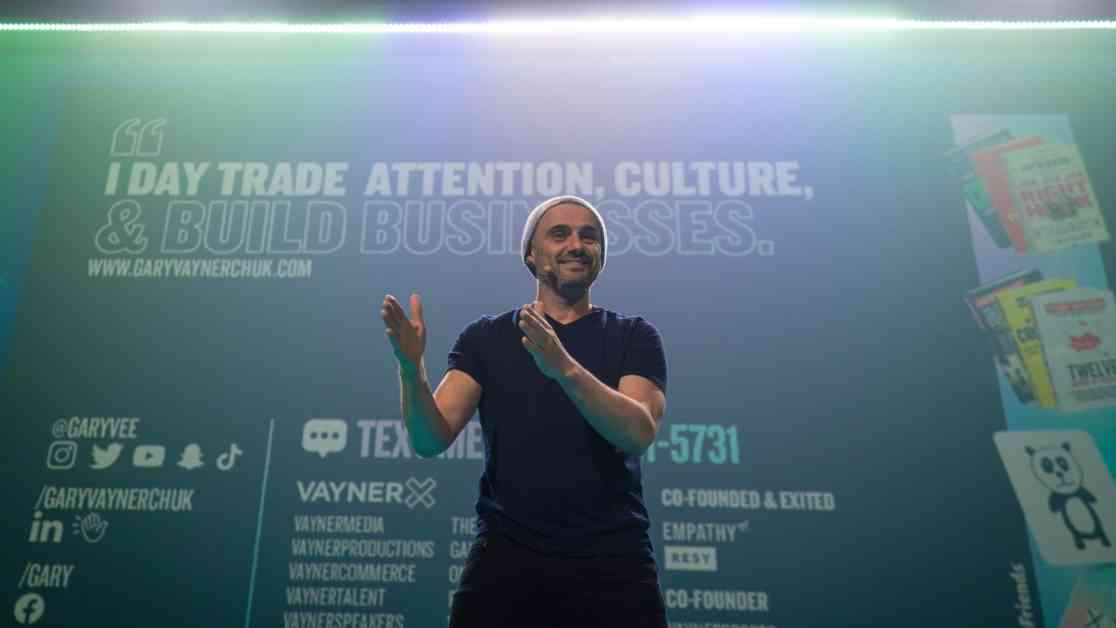Gary Vaynerchuk, the CEO of VeeFriends and chairman of VaynerX, recently shared his thoughts on the importance of maintaining a healthy work environment, even if it means letting go of top talent. In his LinkedIn post, he highlighted the negative impact that results-oriented individuals, such as high-performing salespeople or forceful managers, can have on team dynamics. Vaynerchuk stressed that success should not come at the expense of a supportive and respectful workplace.
He emphasized that a strong company culture is built on teamwork, emotional intelligence, and mutual respect. Those who disrupt these principles, regardless of their contributions to the bottom line, risk undermining team cohesion and productivity. Vaynerchuk argued that modern workplaces should prioritize emotional intelligence over technical expertise alone, as employees who provide emotional support and foster camaraderie can bring lasting benefits to the organization.
Toxic employees can be detrimental to even the most high-performing teams, creating tension and reducing productivity. Signs of a toxic employee include chronic hostility, gossiping, and an unwillingness to collaborate. Vaynerchuk advocated for leaders to intervene early when toxic traits are detected, as these behaviors can spread and lead to a decline in employee engagement and company culture.
A study by Intoo revealed that 77% of workers have experienced workplace toxicity, with nearly half of them indicating that their employers did little to address the issue. Employees in toxic environments often resort to using vacation or sick days to escape the negativity. Toxic workplaces can stem from a lack of feedback from leadership, leading to higher attrition rates, increased absenteeism, and declining productivity.
Creating a healthy workplace culture involves addressing issues head-on and supporting employees in adopting positive behaviors. Methods such as setting clear deadlines for procrastinators, recognizing individual achievements, and providing feedback can help improve workplace dynamics. Vaynerchuk stressed the importance of correcting behavior early on, but also believed that if an employee’s behavior does not improve, termination may be necessary for the greater good of the organization.
In conclusion, Vaynerchuk’s message underscores the importance of prioritizing a positive culture over individual achievement in a successful company. Toxic behaviors, regardless of an individual’s performance, can harm the overall health of an organization. Leaders must be willing to make tough decisions to foster a supportive and respectful environment, which can lead to long-term benefits in morale and performance.













